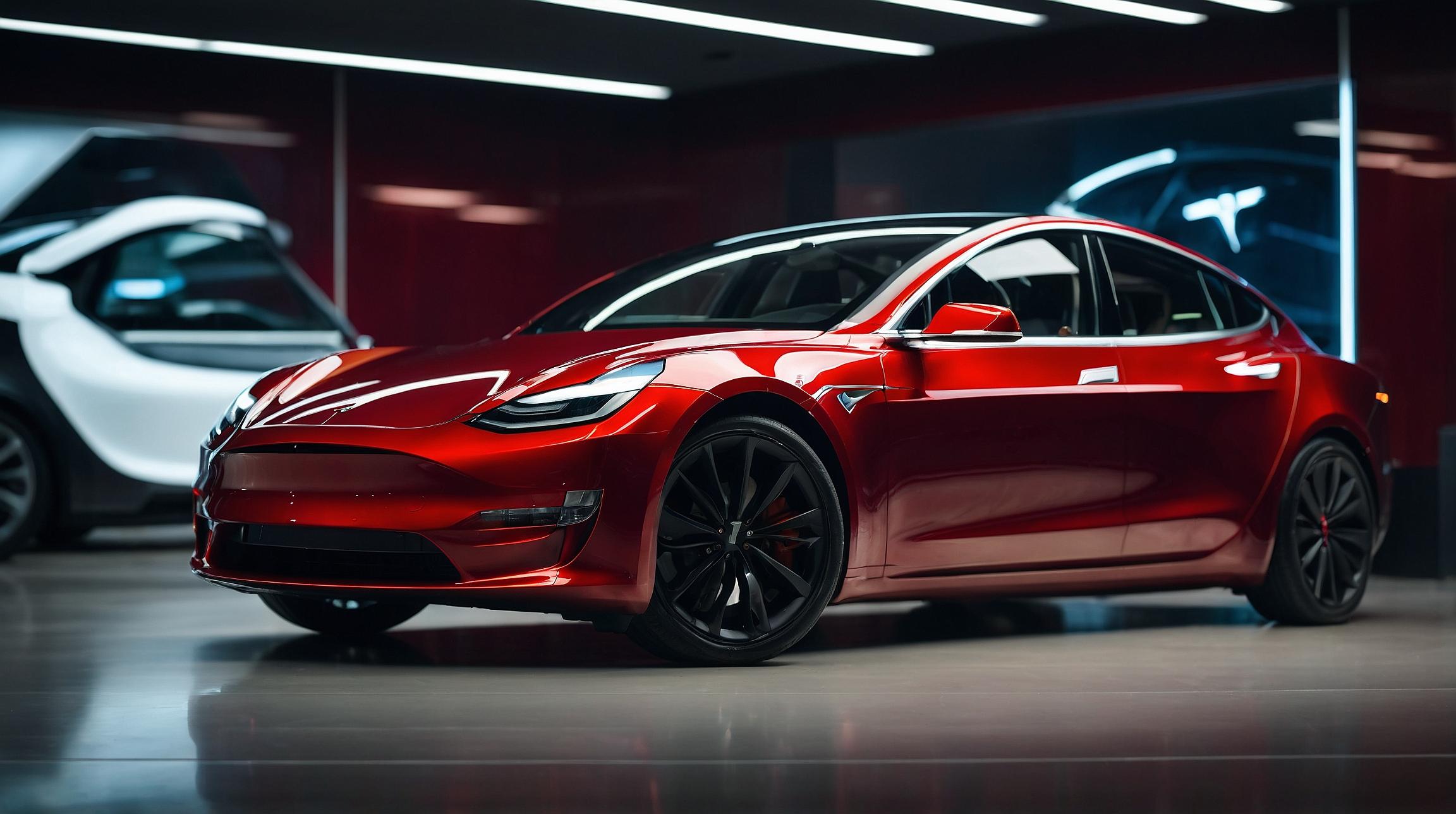Background of the Case
Tesla, the renowned electric vehicle (EV) manufacturer led by billionaire Elon Musk, has been engaged in a legal battle against the state of Louisiana. At the heart of the dispute is the state's ban on direct vehicle sales to consumers, which Tesla argues is unconstitutional. This legal conflict highlights the ongoing struggle between innovative companies and traditional regulatory frameworks.
Details of the Appeals Court Ruling
In a significant development, the 5th U.S. Circuit Court of Appeals in New Orleans has revived Tesla's lawsuit. The court's decision marks a reversal of a previous dismissal by a lower court judge, allowing Tesla to proceed with its constitutional due process claim. The court also vacated the dismissal of Tesla's antitrust claim, providing the company with another potential avenue for legal redress. However, the appeals court upheld the dismissal of Tesla's equal protection claim.
Understanding the Claims
Constitutional Due Process Claim: This claim suggests that Tesla's rights to fair procedures under the law were violated. Tesla alleges that the Louisiana Motor Vehicle Commission had a bias against it, as evidenced by emails showing the commission's executive director assuring Tesla's rivals that their complaints would be addressed.
Antitrust Claim: Antitrust laws are designed to promote fair competition. Tesla argues that Louisiana's ban on direct sales and restrictions on leasing and servicing its vehicles constitute an unfair practice designed to stifle competition.
Equal Protection Claim: This claim was dismissed. It revolves around the idea that Tesla should not be treated differently from other businesses. However, this aspect of Tesla's case did not find favor with the court.
Implications for the Auto Industry
This ruling could have far-reaching implications for the auto industry, particularly for companies that favor a direct-to-consumer sales model. Traditional dealerships have long been the norm, but Tesla's model challenges this status quo, potentially paving the way for other automakers to follow suit. If Tesla succeeds, it could encourage more states to re-evaluate their sales laws, fostering a more competitive and consumer-friendly market.
Legal and Political Reactions
Circuit Judge Jerry Smith supported Tesla's claims of bias, suggesting the possibility of unfair practices by the commission. However, dissenting Judge Dana Douglas emphasized the importance of the legislative process, arguing that Tesla should not bypass state laws through judicial means.
The case has been returned to U.S. District Judge Sarah Vance in New Orleans, setting the stage for further legal proceedings. As the case develops, it will be closely watched by legal experts, policymakers, and industry stakeholders alike.
Conclusion
Tesla's ongoing legal battle in Louisiana reflects broader tensions between innovative business models and existing regulatory frameworks. The outcome of this case could have significant implications for the future of vehicle sales and the role of state regulations in the automotive market. As Tesla continues to challenge traditional norms, the industry and consumers alike await the potential impacts of this pivotal legal battle.













